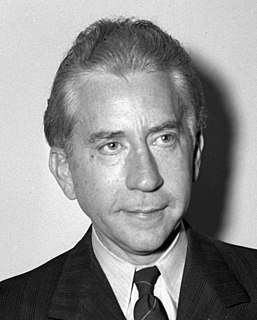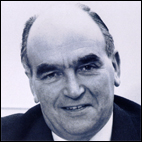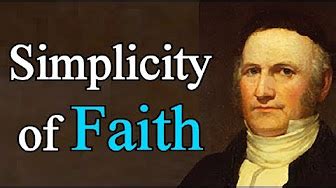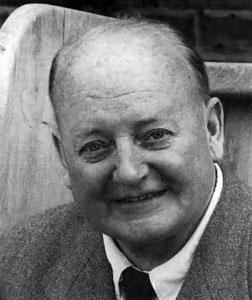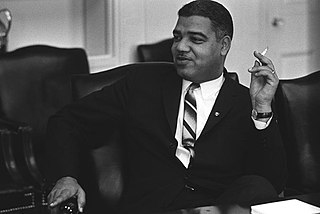A Quote by J. Paul Getty
Rhetoric and dialectics can't change what I have learned from observation and experience.
Quote Topics
Related Quotes
Self-observation brings man to the realization of the necessity of self-change. And in observing himself a man notices that self-observation itself brings about certain changes in his inner processes. He begins to understand that self-observation is an instrument of self-change, a means of awakening.
We know nothing of the principle of health, the positive of which pathology is the negative, except from observation and experience. Nothing but observation and experience will teach us the ways to maintain or to bring back the state of health. It is often thought that medicine is the curative process. It is no such thing; medicine is the surgery of functions as surgery proper is that of limbs and organs.
Progress, far from consisting in change, depends on retentiveness. When change is absolute there remains no being to improve and no direction is set for possible improvement: and when experience is not retained, as among savages, infancy is perpetual. Those who cannot remember the past are condemned to repeat it. In the first stage of life the mind is frivolous and easily distracted; it misses progress by failing in consecutiveness and persistence. This is the condition of children and barbarians, in which instinct has learned nothing from experience.
Must you write complete sentences each time, every time? Perish the thought. If your work consists only of fragments and floating clauses, the Grammar Police aren't going to come and take you away. Even William Strunk, that Mussolini of rhetoric, recognized the delicious pliability of language. "It is an old observation," he writes, "that the best writers sometimes disregard the rules of rhetoric." Yet he goes on to add this thought, which I urge you to consider: "Unless he is certain of doing well, [the writer] will probably do best to follow the rules."
To consider the matter aright, reason is nothing but a wonderful and unintelligible instinct in our souls, which carries us along a certain train of ideas, and endows them with particular qualities, according to their particular situations and relations. This instinct, 'tis true, arises from past observation and experience; but can anyone give the ultimate reason, why past experience and observation produces such an effect, any more than why nature alone should produce it?
There is no ideal in observation. When you have an ideal, you cease to observe, you are then merely approximating the present to the idea, and therefore there is duality, conflict, and all the rest of it. The mind has to be in the state when it can see, observe. The experience of the observation is really an astonishing state. In that there is no duality. The mind is simply - aware.
